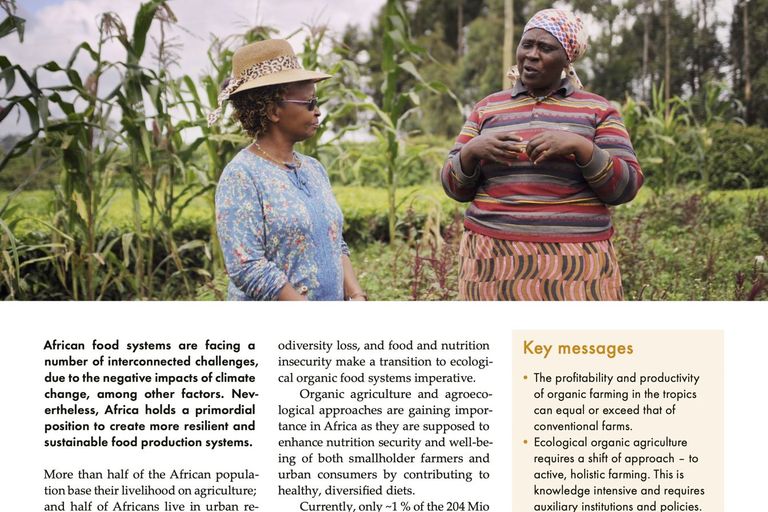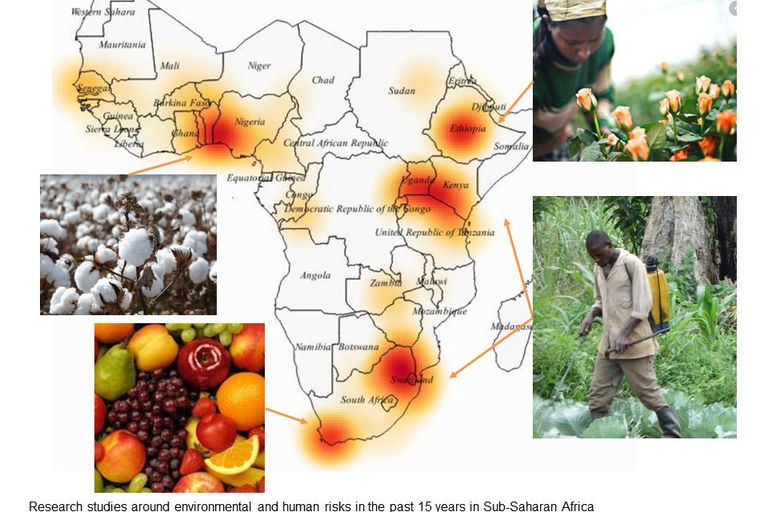Sujets correspondants

Advancing ecological organic agriculture in Africa
African food systems are facing a number of interconnected challenges, due to the negative impacts of climate change, among other factors. Nev ertheless, Africa holds a primordial position to create more resilient and sustainable food production systems.

Interventions to Reduce Pesticide Exposure from Agriculture Sector in Africa
The SwissTPH online workshop aims to discuss recent research about interventions to reduce pesticide exposure from agriculture sector in Africa.

«Die Schweiz hätte jetzt die Chance, eine Ernährungspolitik zu verfassen»
Im CDE Interview stellt Johanna Jacobi Erkenntnisse aus der Nord-Süd Forschung in Bezug zur Schweiz und zeigt, wie Landwirtschaft zu nachhaltiger Entwicklung beitragen kann und was sich dafür auch in der Schweiz ändern müsste.
Image : Foto: CDELa diversité est source de vie
Depuis des millénaires, la sécurité alimentaire et la résilience de l’humanité sont assurées par des milliers d’espèces de plantes cultivées, des dizaines d’espèces animales domestiquées et la biodiversité dont elles proviennent. Mais la mondialisation de l’agriculture industrielle et les systèmes alimentaires normés ont fait chuter l’agrobiodiversité : trois espèces végétales fournissent la moitié des calories végétales et quatre espèces animales produisent presque toute la viande. Il est donc crucial de restaurer l’agrobiodiversité – qui représente la richesse de ce que nous cultivons, élevons, consommons et protégeons dans la nature – afin de conserver des systèmes alimentaires résilients, dans un contexte de changement climatique. Il faut d’abord sauvegarder les conditions de vie des « gardiens de l’agrobiodiversité », les quelques 500 millions de petites fermes dans le monde, surtout dans les pays du Sud. Cette fiche d’information définit les causes et conséquences de la perte d’agrobiodiversité, les domaines prometteurs et les opportunités pour les politiques et la recherche.
Image : KFPE